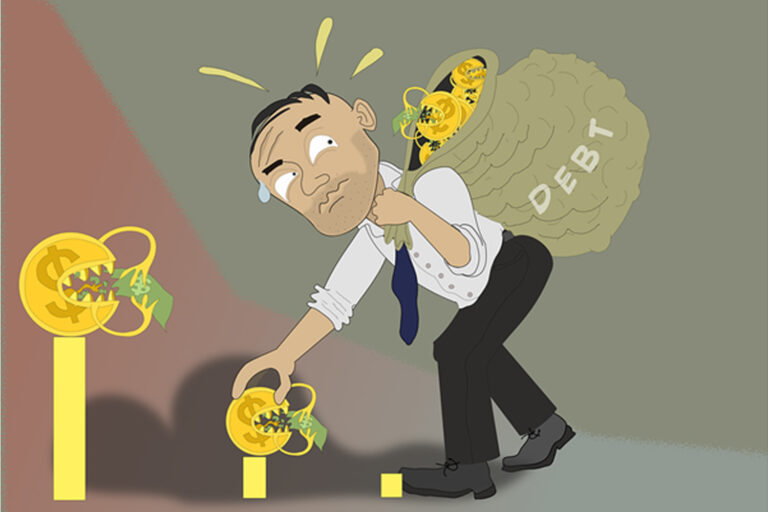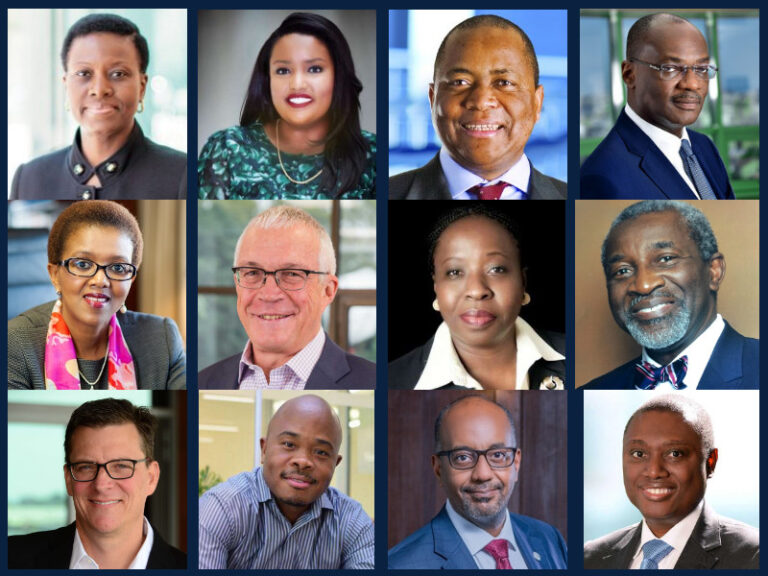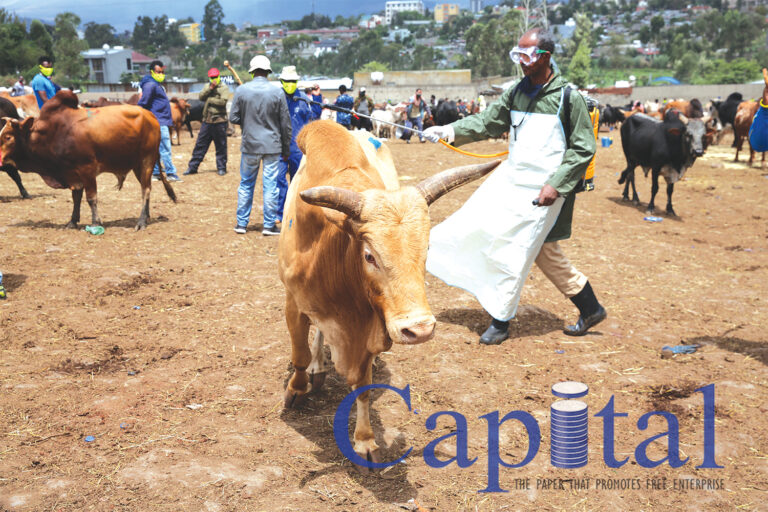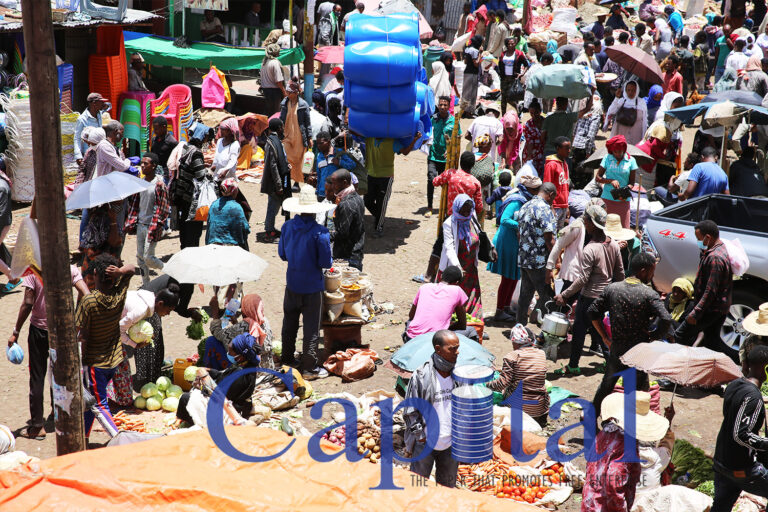At a certain stage of life, every person may feel the lack of money. Probably, one has spent too much on unnecessary items or the level of income is insufficient to cover all the must-pay bills. Unfortunately, this can be even both. It is not necessary to rush into finding an FX broker and investing all the money remaining in your bank account. Start with a proper analysis of the reasons, check the proposed strategies, and look for a wise way out of the financial crisis you are facing. Here are the signs of low income and possible solutions.
● Monthly Use of Credit Cards
Have you noticed that in the middle of every month, you need to use a credit card to pay in a grocery store, as well as to cover some bills? Probably, you are used to spending more than you afford. Or the monthly income is insufficient. To understand the main reason for this is to stop using credit cards. At first, this seems a great way out of any financial difficulty. However, with a growing interest on your debt, you will need one more loan to cover this credit. Using credit cards regularly is the beginning of a vicious circle that should be torn immediately.
● There Is No Money by the Middle of the Month
This is the reason why you are forced to use credit cards. If you need to struggle to survive until the end of the month and make ends meet, this is the sign of insufficient income. One may start thinking about ways to increase the level of income. Looking for a new job or asking for a raise can help you get out of the financial difficulties you are in. Among possible solutions, one can also start working on an additional project, learn the principles of Forex trading to start making money on the stocksexchange or get the second job.
If you have understood that there is a lack of qualification that stands between you and a highly-paid job, it makes sense to consider getting an education to apply for a well-paid position. This is a long-term solution, however, a sure-fire way to get out of the financial crisis challenging you now. Have you ever dreamt of becoming a broker? This can be the time to make dreams come true and get the chance to increase your income at the same time.
● You Cannot Pay All the Monthly Bills
Lots of people feel that the burden of bills is sometimes unbearable. However, if you face the same challenge to choose which of them you are going to pay this month while leaving some of them for the next, this is the sign that the money you make is insufficient for necessities. Be sure that you have carefully checked your expenses. It is important to cut the luxuries and save as much as possible. Give preference to cheaper meals cooked at home instead of going out. Buy only the items you really need and consider using the services of companies with more budget-friendly rates on the market.
● You Cannot Cope with an Emergency
Having no emergency funds leads to the situation that you are forced to use credit cards to pay for an unexpected repair bill. As the debt accumulates, while the emergency fund does not, this will cause the domino effect. Coping with one emergency, you get yourself into another one. Start saving money for an emergency fund. This may sound surprising, however, having a back-up fund will help get out of difficulties without getting into debt. Begin with a mere $50 saving per month trying to gradually increase it.
● There Is Nothing Else to Cut
You have already forgotten about eating out, you buy meat only twice per week, and go to the cheapest barber in the neighbourhood, however, you cannot still make ends meet. What is more, just a thought about getting a bill makes you worry and leads to nightmares. This is the most evident proof of having an insufficient income. When everything is strictly cut and there is not enough money to cover living expenses, it is necessary to look for another source of income. In the meanwhile, it makes sense to set a bare-bone budget that will help you survive during the transition period.
Having financial difficulties is normal for all people. The most important is to take one’s time to evaluate the situation and find the right way out of it. Every crisis is the best time to take steps that will lead you to wealth and success.











